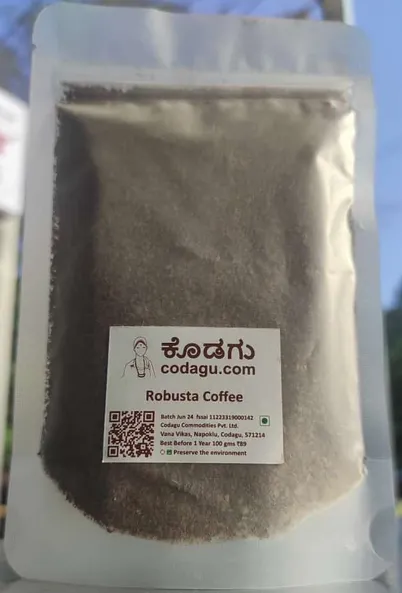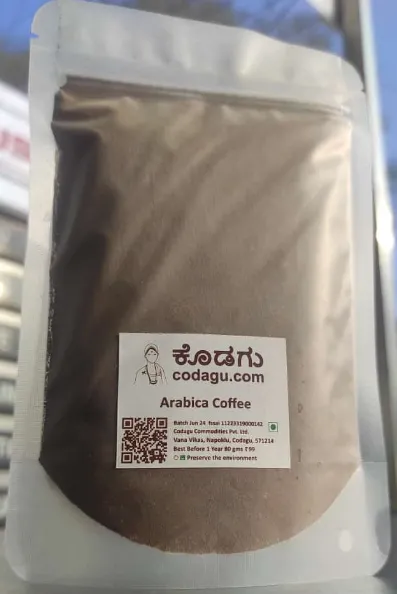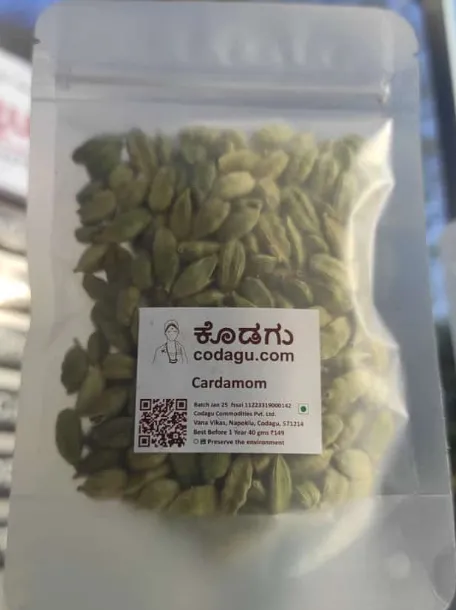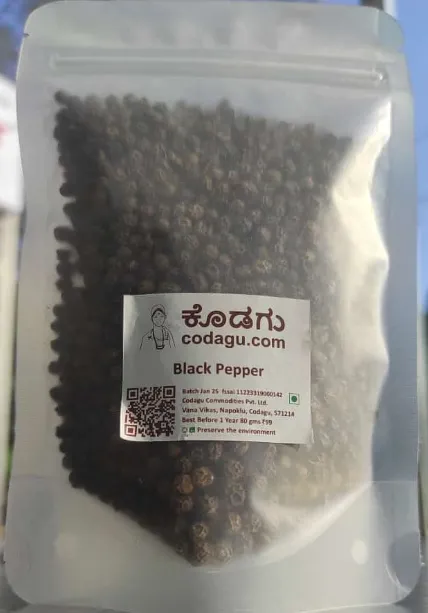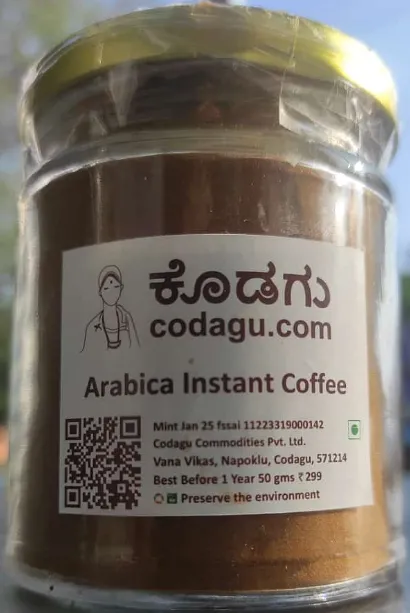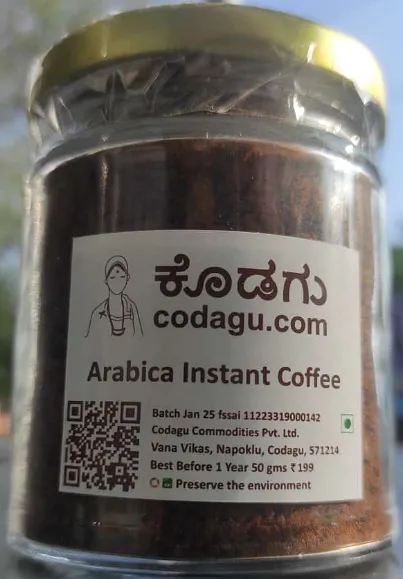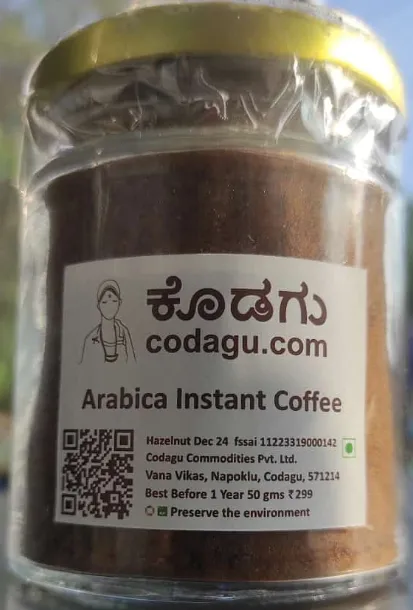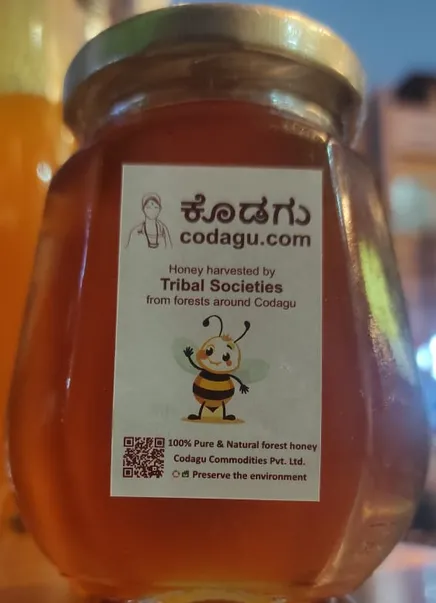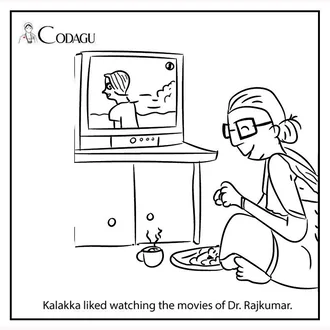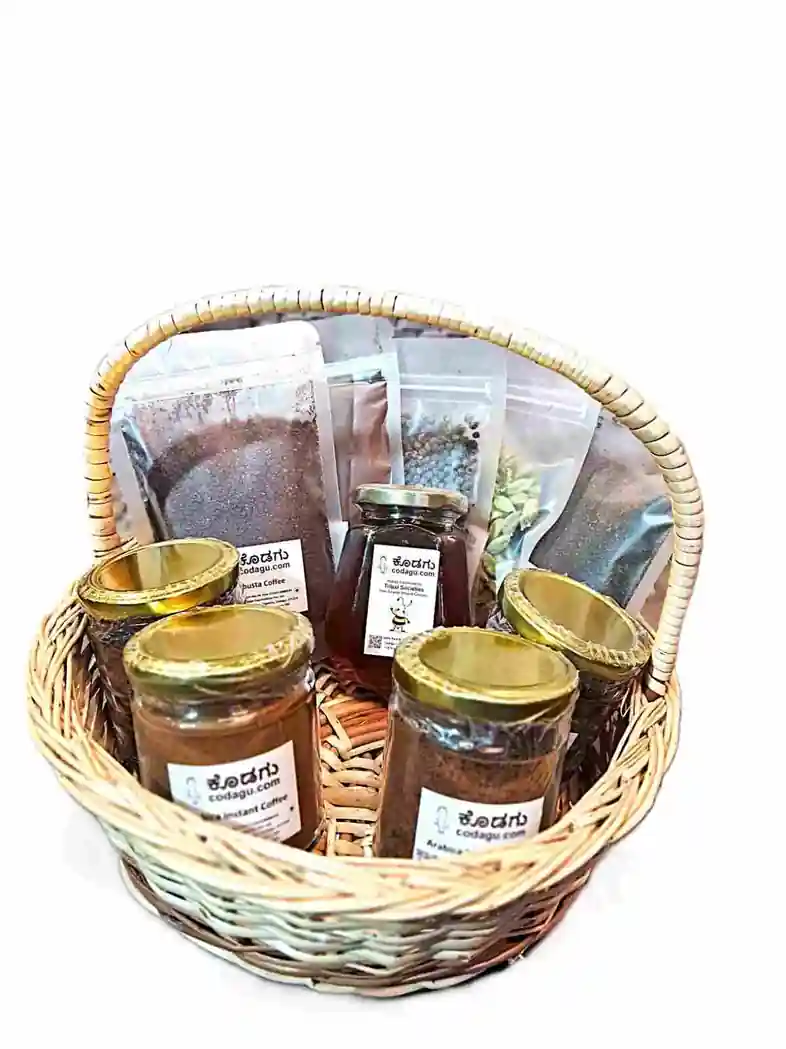Kailpodh
The festival is celebrated on the 18th day after the sun enters the Simha (Leo) Raasi. Kail means weapon or armory, and Pold means festival. The day signifies the completion of “nati” – meaning the transplantation of the rice (paddy) crop. Normally, during the months in which the family is engaged in the fields, all weapons are deposited in the “Kanni Kombare” or the prayer room. The festival also signifies the day that men should prepare to guard their crops against wild boars and other animals. Hence, on the Kailpoldu day, the weapons are taken out of the Pooja room, cleaned, and decorated with flowers. They are then kept in the “Nellakki Nadubade” – the central hall of the house, the place of community worship. Each member of the family has a bath and then they worship the weapons. Feasting and drinking follow. The eldest member of the family hands over a gun to the senior member of the family, signifying the commencement of the festivities. The whole family assembles in the “Mand” (open ground), where physical contests and sports, including shooting, are conducted. In the earlier days hunting and cooking of the wild animals as part of the celebration, but these days the shooting skills are tested by firing at a coconut tied onto the branch of a tall tree. In the earlier days, there were sports like grabbing a coconut from the hands of a group of 8-10 people (thenge porata), throwing a stone about the size of a cricket ball at a coconut from a distance of 10-15 paces (thenge eed), lifting a stone ball of about 30-40cm lying at one!!!s feet and throwing it back over the shoulders, etc. These sports are now conducted in community groups called Kodava Samajas in towns and cities.

